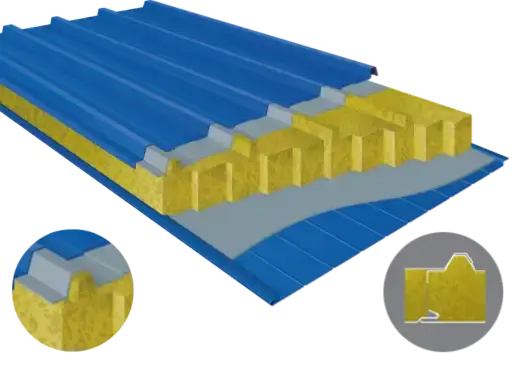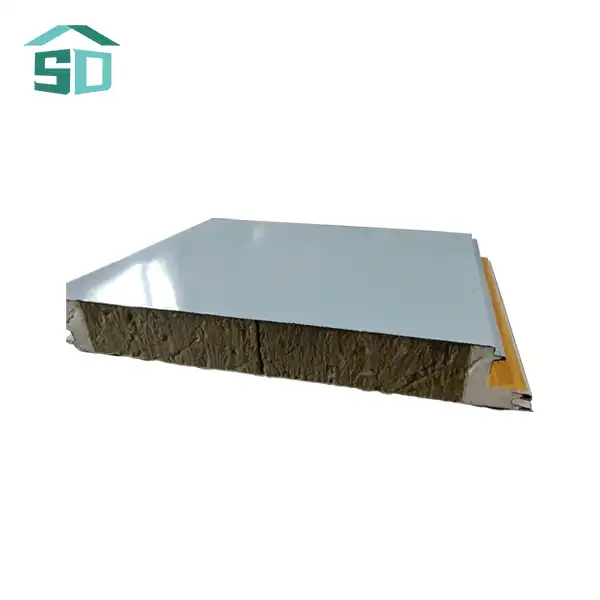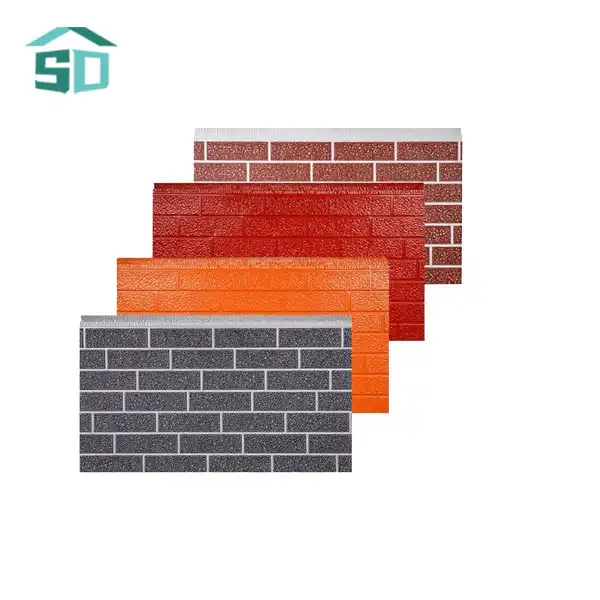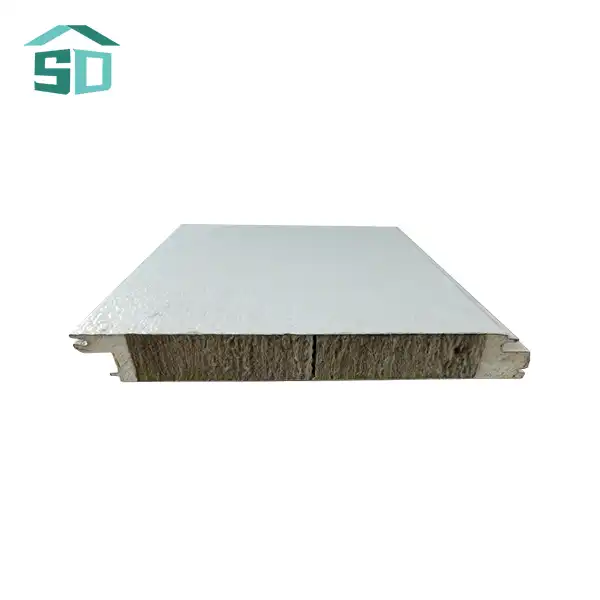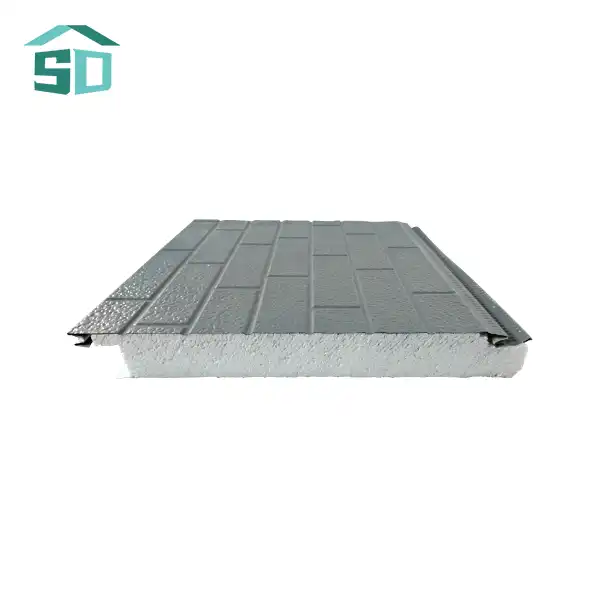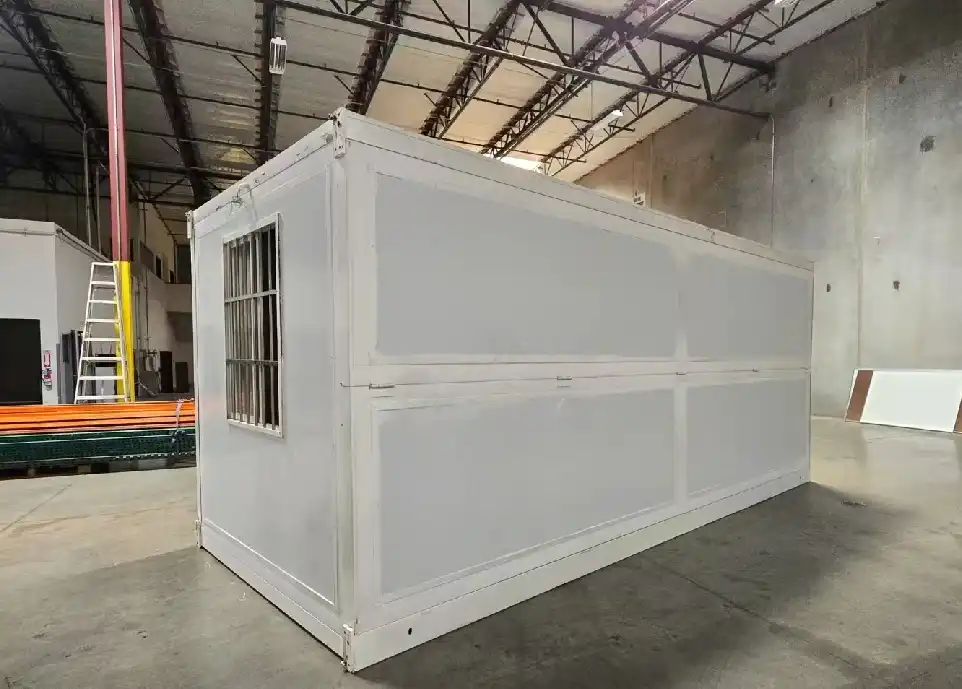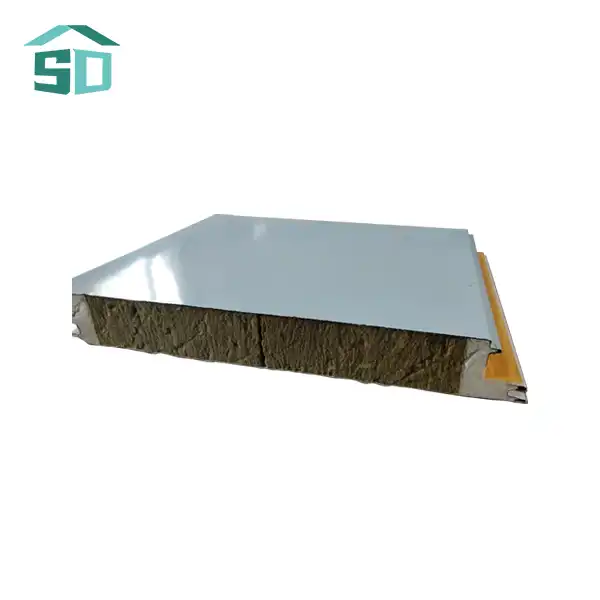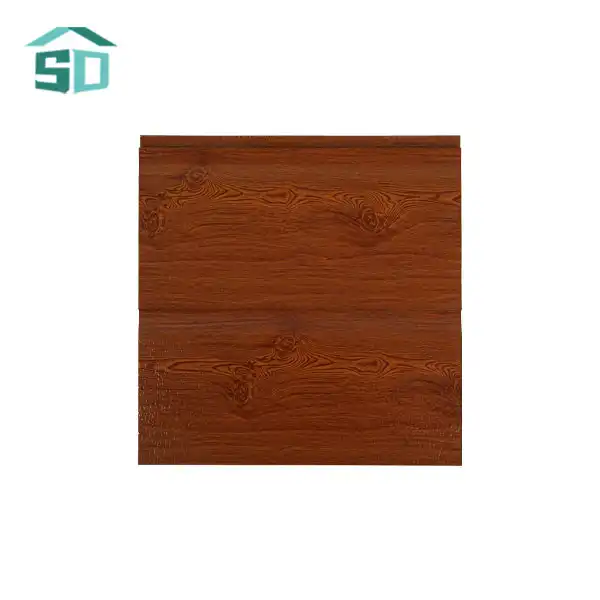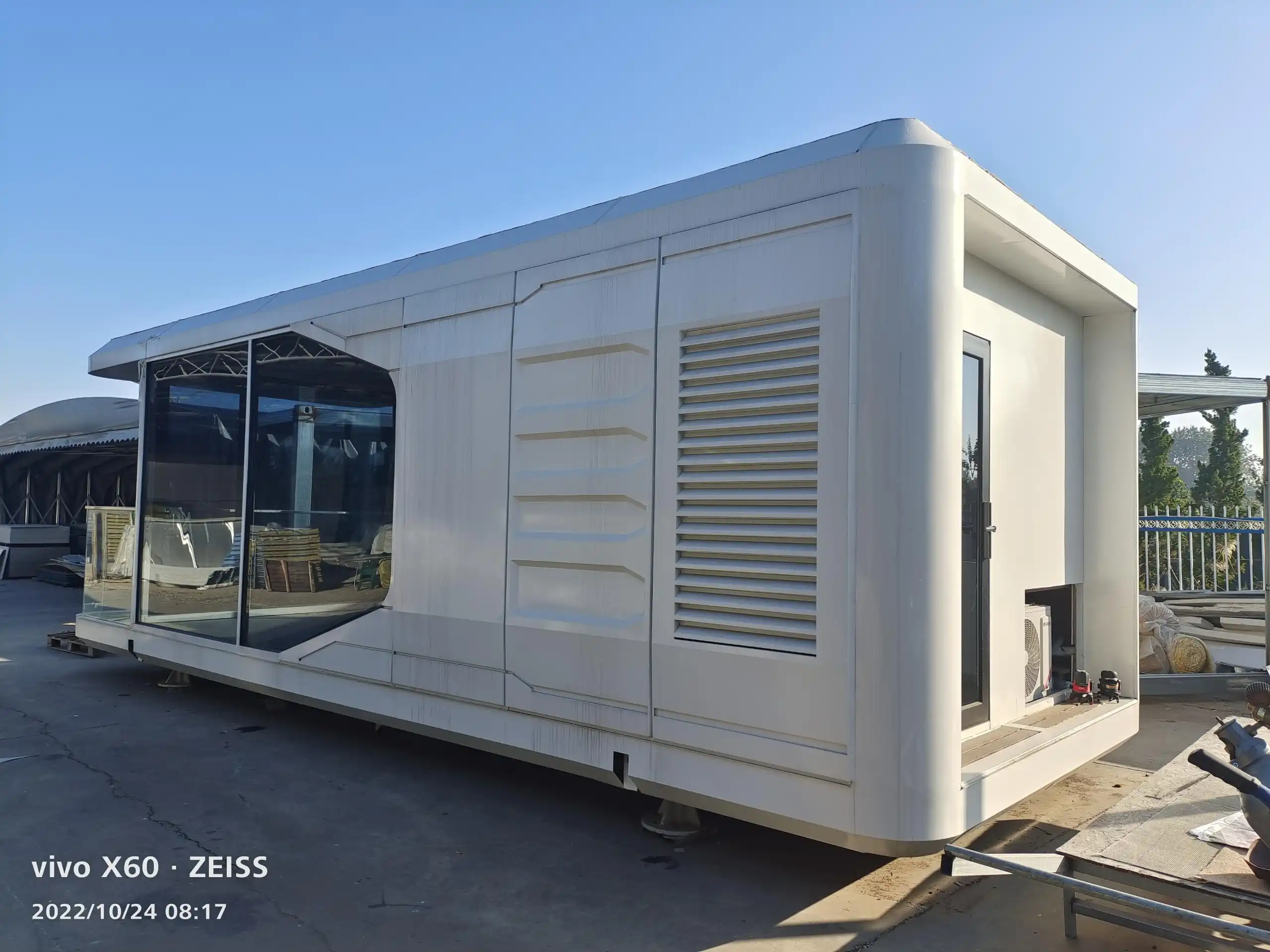Exterior Applications: Enhancing Building Envelope Performance
Fireproof insulation panels excel in exterior applications, significantly improving a building's overall performance and safety. These panels create a robust barrier against the elements while providing essential fire protection. Here are some key exterior uses:
Facade Systems
Integrating fireproof insulation panels into facade systems elevates both the aesthetic appeal and functional aspects of buildings. These panels can be customized with various finishes, colors, and textures to complement architectural designs. Beyond their visual appeal, they offer superior thermal insulation, reducing heat transfer and lowering energy costs. The fire-resistant properties of these panels contribute to the overall safety of the structure, potentially slowing the spread of flames in the event of a fire.
Roofing Solutions
Roofs are particularly vulnerable to fire hazards, making fireproof insulation panels an ideal choice for roofing applications. These panels not only provide excellent fire resistance but also offer thermal insulation and weather protection. By incorporating these panels into roofing systems, buildings benefit from enhanced energy efficiency and improved fire safety. The panels' lightweight nature also reduces the structural load on the building, potentially simplifying construction and maintenance processes.
Exterior Wall Systems
Fireproof insulation panels serve as effective components in exterior wall systems, offering a combination of fire protection, thermal insulation, and moisture resistance. These panels can be easily integrated into various wall construction methods, including stick-built and prefabricated systems. Their use in exterior walls contributes to improved energy performance, reduced noise transmission, and enhanced fire safety for the entire building envelope.
Interior Applications: Creating Safe and Comfortable Spaces
The benefits of fireproof insulation panels extend beyond exterior applications, making them valuable additions to interior spaces as well. Here are some key interior uses:
Partition Walls
In commercial and industrial settings, fireproof insulation panels are frequently used to construct partition walls. These panels offer excellent fire resistance while providing thermal and acoustic insulation between different areas of a building. Their use in partition walls is particularly beneficial in spaces where fire compartmentalization is crucial, such as in warehouses, manufacturing facilities, and large office complexes. The panels' ability to slow fire spread can be instrumental in protecting assets and ensuring occupant safety.
Ceiling Systems
Incorporating fireproof insulation panels into ceiling systems enhances both safety and comfort. These panels can be used to create suspended ceilings or directly attached to existing structures. In addition to their fire-resistant properties, they contribute to improved acoustic performance by absorbing sound and reducing noise transmission between floors. This makes them particularly valuable in multi-story buildings, hotels, and educational facilities where sound control is essential.
Elevator Shafts and Stairwells
Elevator shafts and stairwells are critical areas in multi-story buildings that require special attention to fire safety. Fireproof insulation panels are ideal for lining these vertical spaces, creating fire-resistant barriers that can help contain flames and smoke in emergency situations. The panels' ability to maintain their integrity under high temperatures can provide crucial time for building evacuation and firefighting efforts.
Specialized Applications: Meeting Unique Industry Needs
Fireproof insulation panels find applications in various specialized settings, addressing unique industry requirements:
Data Centers and Server Rooms
In data centers and server rooms, where protecting sensitive equipment from fire is paramount, fireproof insulation panels play a vital role. These panels not only provide fire protection but also contribute to temperature control and energy efficiency. Their use in walls, ceilings, and even raised floor systems helps create a controlled environment that safeguards critical infrastructure and data.
Industrial and Manufacturing Facilities
Industrial and manufacturing environments often present heightened fire risks due to the nature of their operations. Fireproof insulation panels are extensively used in these settings to create fire-resistant enclosures around hazardous areas, protect equipment, and enhance overall building safety. The panels' durability and resistance to chemicals and moisture make them suitable for various industrial applications, from food processing plants to chemical storage facilities.
Transportation Infrastructure
Fireproof insulation panels find application in transportation infrastructure, such as airports, train stations, and parking structures. In these high-traffic areas, the panels contribute to fire safety while also providing thermal insulation and noise reduction. Their use in walls, ceilings, and even specialized applications like tunnel linings helps create safer and more comfortable environments for travelers and workers alike.
Conclusion
Fireproof insulation panels are indispensable components in modern construction, offering a unique combination of fire safety, thermal efficiency, and versatility. Their applications span from exterior facades and roofing systems to interior partitions and specialized industrial settings. By incorporating these panels into building designs, architects and contractors can significantly enhance structure safety, energy performance, and occupant comfort. As building codes continue to evolve and emphasize fire safety, the role of fireproof insulation panels in construction is likely to grow even further.
Are you looking to enhance the fire safety and energy efficiency of your next building project? Explore our range of high-quality fireproof insulation panels at Weifang Sandong Building Materials Co., Ltd. Our expert team is ready to assist you in selecting the perfect solution for your specific needs. Contact us today at info@sdqsc.com to learn more about how our products can elevate your construction projects.
FAQs
What materials are used in fireproof insulation panels?
Fireproof insulation panels typically consist of a core material such as mineral wool, fiberglass, or specialized fire-resistant foams, sandwiched between metal facings like aluminum or steel.
How long do fireproof insulation panels last?
With proper installation and maintenance, fireproof insulation panels can last 30 years or more, depending on the specific product and environmental conditions.
Can fireproof insulation panels be used in residential buildings?
Yes, these panels are suitable for residential applications, particularly in multi-family housing, where fire safety is a critical concern.
Are fireproof insulation panels environmentally friendly?
Many modern fireproof insulation panels are designed with sustainability in mind, using recyclable materials and contributing to energy efficiency in buildings.
How do I maintain fireproof insulation panels?
Regular visual inspections, cleaning, and prompt repair of any damage are key to maintaining the effectiveness of fireproof insulation panels.
References
1. National Fire Protection Association. (2021). NFPA 285: Standard Fire Test Method for Evaluation of Fire Propagation Characteristics of Exterior Wall Assemblies Containing Combustible Components.
2. Underwriters Laboratories. (2020). UL 263: Fire Tests of Building Construction and Materials.
3. International Code Council. (2021). International Building Code.
4. ASTM International. (2019). ASTM E119-20: Standard Test Methods for Fire Tests of Building Construction and Materials.
5. European Committee for Standardization. (2018). EN 13501-1: Fire classification of construction products and building elements.
